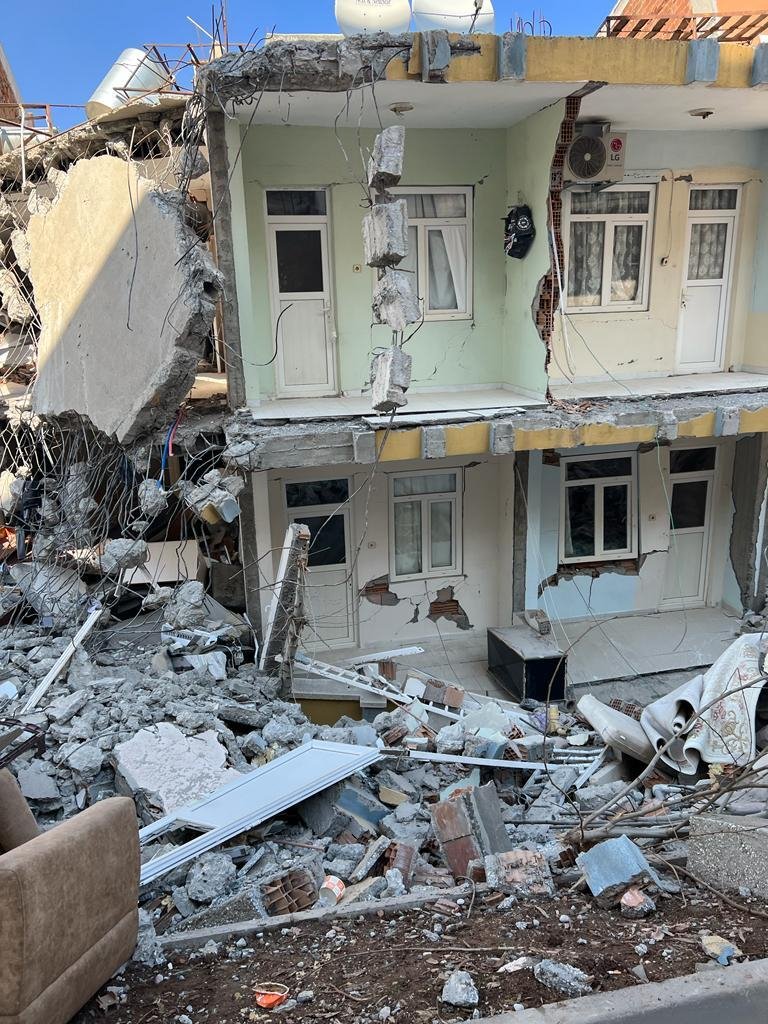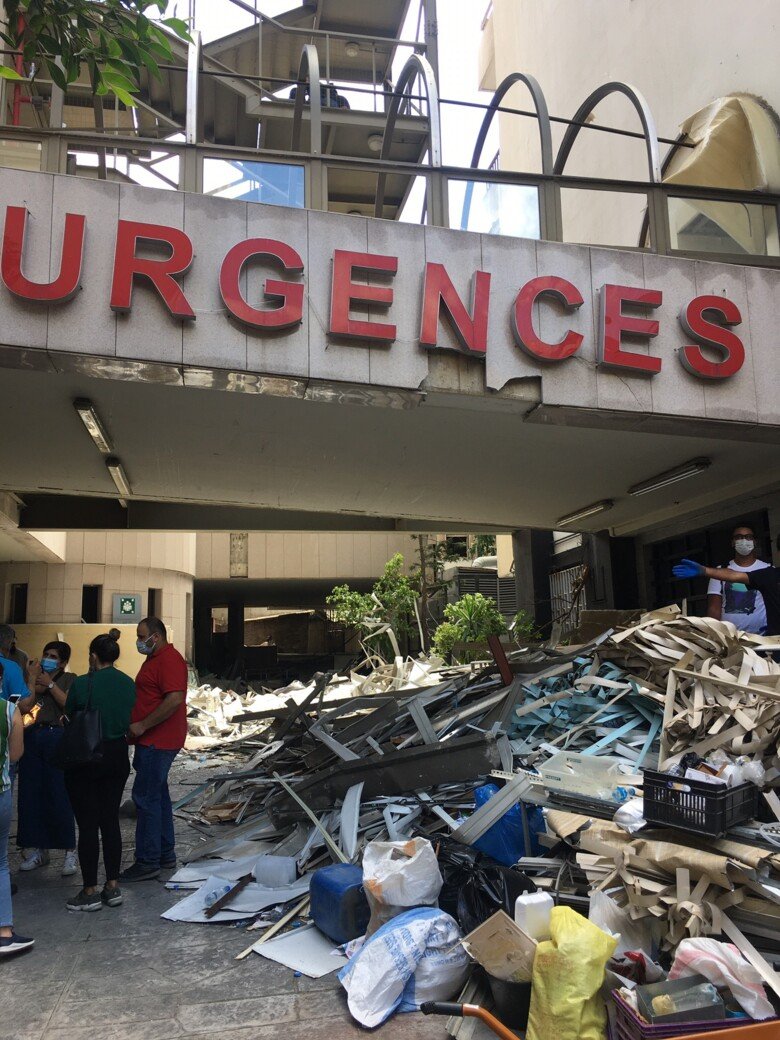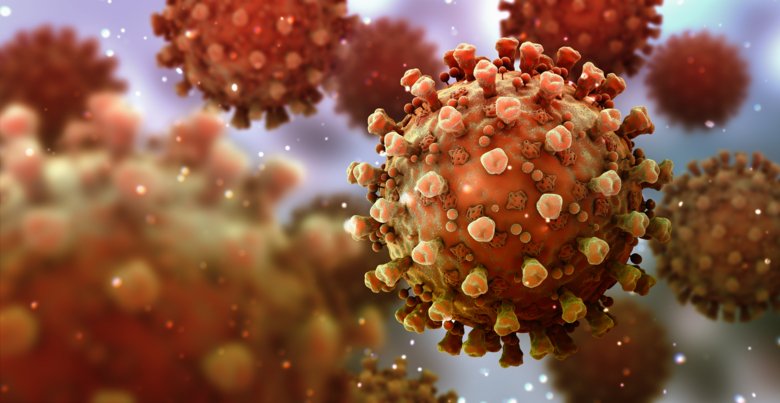Field work in disasters conducted by the group
At Global Disaster Medicine - Health Needs and Response we firmly believe that in order to conduct the best research, provide the best education, and conduct the best analysis for our partners it is important to never lose our ties to practical work in the field of disaster medicine. Consequently, our group members dedicate a significant amount of their time and skill to working in disaster operations around the world.

Turkey
Immediately following the devastating earthquake that hit the region in February 2023, our research group leader, Johan von Schreeb, lent his assistance to the coordination of international medical assistance on site, via a collaboration between the Centre for Health Crises at Karolinska Institutet and the frontline medical aid organisation UK-Med. Professor von Schreeb worked in the region during the initial weeks following the earthquake and continues to be involved in the coordination of international assistance through the WHO.
Malawi
Thanks to our collaboration with the Centre for Health Crises at Karolinska Institutet and their membership in GOARN (Global Outbreak Alert and Response Network), Global Disaster Medicine - Health Needs and Response was able to respond to the request for personnel to assist in supporting the local healthcare system in Malawi, following the outbreak of cholera in the country in the spring of 2023. Martina Gustavsson, nurse and former PhD student in our group, worked in the country for four weeks in February and March.
Ukraine
Global Disaster Medicine - Health Needs and Response has, since the outbreak of war, been involved in the ongoing development of the situation in Ukraine, especially though the Centre for Health Crises at Karolinska Institutet. Our team has made itself and our expertise available to Swedish authorities and has often answered questions from the media on how the war impacts health care and what the medical situation is like.
Members of our team also conducted mass casualty exercises in Moldova in 2022, on behalf of the WHO.
During March and April 2022, Johan von Schreeb assumed the role of WHO coordinator of international medical relief to Ukraine. Based in the country, he worked, among other things, with coordination of medical evacuation and possible deployment of Emergency Medical Teams (EMT).
Martina Gustavsson, nurse and former PhD student in the group, worked as a medical coordinator in Ukraine with the front line medical aid charity UK-Med during the autumn of 2022.
Uganda
Following the Ebola outbreak in September 2022 Anneli Eriksson, research specialist in the group, went to work in the affected area with MSF (Médecins Sans Frontières). Her role was to provide support when it comes to organisation and care. She recounts her experiences in two interviews published on KI's website.

Lebanon
Several members of the team affiliated with Global Disaster Medicine - Health Needs and Response, including research group leader professor Johan von Schreeb, have worked extensively in Lebanon. In August 2020 Johan von Schreeb was asked by the WHO support their work in coordinating the international assistance in the country, following the explosion in the capital Beirut. He ended up staying for the remainder of 2020 and also supported the expansion in intensive care facilities following the outbreak of COVID-19 and the creation of a national EMT-system in which private hospitals agreed to lend support to public ones when it came to intensive care (twinning projects). The work they did contributed to increasing the number of intensive care beds by over 300%. During 2021 Johan von Schreeb traveled to Lebanon multiple times to continue the work with the WHO and the twinning projects.
Moreover, Märit Halmin, who is also affiliated with the group, has worked in Lebanon with MSF (Médecins Sans Frontières).
Previous field work undertaken by members of our team
Following the hearth quake in 2010 and several other natural disasters, along with the unstable political situation and widespread violence, the need for public health care assistance in disasters has been particularly great in Haiti. Several members of our group have worked in various capacities in Haiti over the years, including Martina Gustavsson, who also worked in Ethiopia during the COVID-19 outbreak there in 2020, and in many other disasters. Like everyone in the team, she draws on her work in disasters in her research and teaching.
Several members of our research group and people who are affiliated with it have worked in various Ebola outbreaks. This includes the 2022 outbreak in Uganda mentioned above, but also goes back to several earlier outbreaks, particularly in West Africa. Our team's experience working in this context, and particularly of working with a highly infectious disease and their knowledge of the correct use of personal protective equipment (PPE), proved very useful when they were able to apply their expertise on these matters to the Swedish response to the COVID-19 outbreak in 2020 and assist in education and training of Swedish medical and care staff.
During the period 2016 to 2019 several members of our group conducted various types of field work in the conflict zones in Yemen and Iraq. Their work with victims of trauma in these areas forms much of the basis for our research on gunshot and explosion wounds, epidemiology of conflict-related trauma, needs assessment and much more. We have also conducted teaching in triage and prioritisation in Iraq.

The COVID-19 pandemic
When the COVID-19 pandemic hit Sweden in the spring of 2020 the researchers from Global Disaster Medicine - Health Needs and Response were able to use their experience working in disaster areas abroad to benefit Sweden's response to the pandemic. This included the development of online courses for health care professionals as well as offering expert guidance to national authorities such as the National Board of Health and Welfare (Socialstyrelsen), when it came to policy-making and issuing of guidelines.
The COVID-19 pandemic clearly showed that experiences gained abroad working in disaster situations can prove very beneficial for work conducted within Sweden. We value our group's considerable experience and aim to use it to develop disaster medicine, both in a Swedish and international context.
